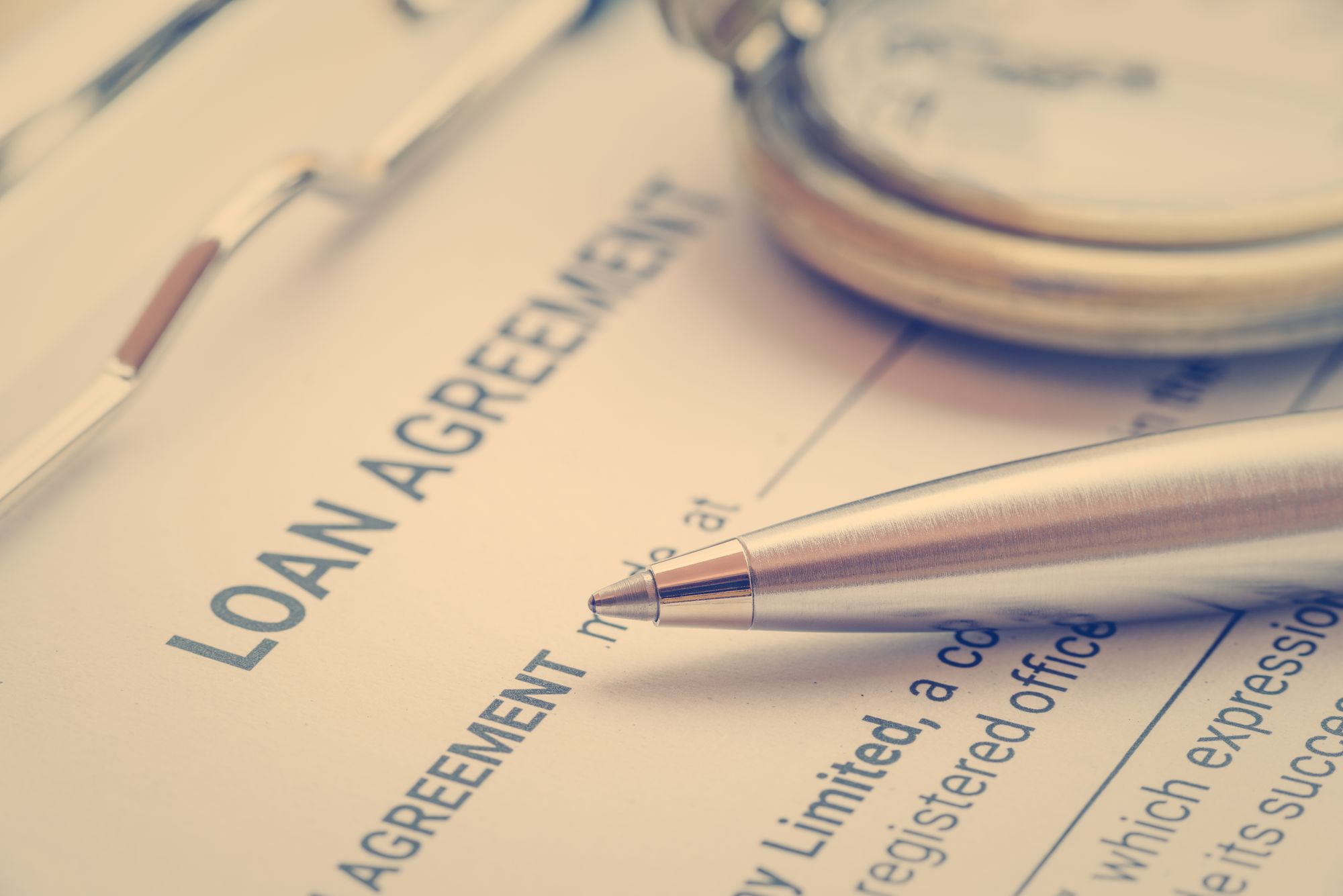Emergency Crypto: How a Wallet Can Save You in a Financial Crisis
When banks freeze and currencies crash, a crypto wallet gives you control. Learn how to protect your money in any financial crisis.

When a financial crisis hits, access to your money can vanish overnight. Banks freeze accounts, currencies collapse, and restrictions lock people out of their savings. That’s where crypto wallets come in. These decentralized tools let you store, send, and receive funds without relying on traditional banking. Whether it’s government-imposed limits, skyrocketing inflation, or a full-blown economic meltdown, a well-secured crypto wallet can be your financial lifeline.
Why ERC20 Wallets Are a Game-Changer
Not all wallets are created equal. According to crypto expert Michael Clark, ERC20-compatible wallets stand out for their anonymity, seamless integration with decentralized exchanges (DEXs) and play-to-earn (P2E) games, and ironclad security (Source: https://bestwallet.com/en/erc20-wallet/).
Anonymity means your transactions stay private, shielding you from prying eyes. DEX integration ensures instant liquidity, no banks, no middlemen, just you and your assets. Security-wise, ERC20 wallets pack in multi-signature protection, hardware wallet compatibility, and smart contract features, making them a fortress for your funds.
ERC20 wallets also offer flexibility. With thousands of tokens built on this standard, users can easily store and manage a diverse portfolio without juggling multiple wallets. Whether you’re holding stablecoins to hedge against volatility, utility tokens for specific platforms, or governance tokens that give you a say in decentralized protocols, an ERC20 wallet keeps everything in one secure place.
Beating Capital Controls
Governments love to tighten the grip during financial turmoil, limiting cash withdrawals, blocking international transfers, and even freezing accounts. Crypto wallets flip the script. Unlike bank accounts, which can be seized or monitored, a self-custodial wallet gives you full control. No restrictions. No interference. Your funds, your rules.
People living in countries with strict capital controls have already turned to crypto. When Argentina imposed limits on foreign exchange transactions, Bitcoin usage soared. When China cracked down on financial freedom, stablecoins became a popular workaround. A crypto wallet ensures that no matter what a government does, your money remains yours.
Dodging Inflation and Currency Freefall
Inflation eats away at savings, and when a currency crashes, traditional currency becomes worthless. Cryptocurrencies like Bitcoin, Ethereum, and stablecoins offer a shield against this destruction. Storing funds in a crypto wallet helps you sidestep economic chaos. Just ask those in Venezuela and Zimbabwe, where crypto has become a survival tool. With a digital wallet, your wealth stays intact, no matter how bad things get.
Stablecoins, in particular, offer a practical solution. Pegged to real-world assets like the U.S. dollar, they maintain value even when local currencies plunge. Holding USDT, USDC, or DAI in a crypto wallet lets you preserve purchasing power while avoiding the pitfalls of hyperinflation.
Banks Can Fail. Your Wallet Won’t.
Banks aren’t invincible. When they collapse, customers are left in the dark, unable to access their money. A crypto wallet operates outside the banking system, meaning you’re never locked out. Whether a financial institution goes under or an entire economy tanks, your assets remain accessible, secure, and liquid.
History has shown that bank failures can happen anywhere. The 2008 financial crisis saw institutions crumble overnight. More recently, Silicon Valley Bank’s sudden collapse left businesses scrambling. Those who had crypto wallets were able to move funds instantly, while others were stuck waiting on government bailouts and insurance payouts. Crypto wallets provide a direct, self-reliant solution in such scenarios.
Instant Access, Anywhere in the World
Need cash fast? Crypto wallets let you move money instantly, with no banks and no delays. Whether you’re paying for goods, sending funds to family, or securing emergency expenses, peer-to-peer transactions put you in control. With more businesses and services accepting crypto, your wallet ensures financial freedom, no matter where you are.
This global access is crucial for travelers and expats. Imagine being stranded in a foreign country with frozen bank accounts or unusable local currency. With a crypto wallet, you can still access funds, exchange digital assets, and continue daily transactions. Borderless money isn’t just a concept—it’s a necessity in today’s unpredictable world.
Smart Diversification for Tough Times
Keeping all your money in one place is risky. Crypto allows you to diversify—holding stablecoins, DeFi tokens, and Bitcoin to weather any storm. Crypto wallets make managing multiple assets easy, giving you a balanced financial safety net when uncertainty strikes.
Beyond traditional cryptocurrencies, DeFi (decentralized finance) offers additional lifelines. Yield farming, staking, and lending protocols allow users to earn passive income, even in economic downturns. With a crypto wallet, you can seamlessly access DeFi platforms, making your assets work for you even during a crisis.
The Privacy and Security Edge
In a financial crisis, privacy matters more than ever. Centralized institutions track transactions, monitor spending, and, in some cases, restrict withdrawals. Crypto wallets give users financial autonomy without surveillance. Transactions made via decentralized wallets remain pseudonymous, reducing the risk of government overreach or unjustified asset seizures.
Security is another major advantage. Traditional bank accounts are vulnerable to hacking, fraud, and insider threats. Crypto wallets, particularly those with multi-signature authentication and hardware integration, offer far superior protection. By keeping your keys offline or using cold storage solutions, you eliminate many of the risks associated with digital assets.
The Rise of Crypto as an Everyday Payment Method
With financial uncertainty on the rise, more people are turning to cryptocurrency for everyday transactions. Whether it’s buying groceries, paying rent, or settling business expenses, crypto wallets allow for seamless payments. Companies like Tesla, Microsoft, and even some coffee chains now accept crypto, proving that digital currencies are more than just an investment; they’re a functional financial tool.
Mobile wallets and QR code payments have also made it easier than ever to use crypto in daily life. There are even apps that let users transact instantly, often with lower fees than traditional banking systems. As adoption grows, crypto wallets are positioning themselves as the go-to alternative to conventional financial systems.
The Unbanked’s Lifeline: How Crypto Wallets Are Rewriting Financial Survival Rules
When traditional systems fail, crypto wallets emerge as the ultimate contingency plan—not just storing value but enabling financial agency where none existed. Unlike banks that operate on permission, these tools empower users to act when institutions collapse: converting savings to stablecoins during hyperinflation, executing cross-border transactions despite capital controls, or accessing liquidity when ATMs run dry.
From war zones to economic meltdowns, decentralized finance has already proven its worth. This isn’t just about technology—it’s about reclaiming control. Because in a crisis, the difference between desperation and resilience often comes down to one thing: who holds the keys.
How to Choose the Right Crypto Wallet
Not all wallets offer the same level of security, convenience, and flexibility. When selecting a wallet, it’s important to consider factors like private key control, compatibility with different blockchains, and integration with decentralized apps (dApps). Hardware wallets like Ledger and Trezor provide top-tier security, while software wallets like MetaMask and Trust Wallet offer convenience for everyday use.
Another key factor is backup and recovery options. A good wallet should allow users to securely store their seed phrase, ensuring they can recover funds if a device is lost or stolen. With the right wallet setup, users can enjoy the benefits of crypto while minimizing risks.
Conclusion
A crypto wallet isn’t just a tool—it’s financial independence. When banks fail, governments clamp down, or inflation spirals out of control, your wallet keeps you in the game. With crypto wallets offering anonymity, DEX integration, and rock-solid security, they’re a must-have for anyone looking to stay ahead of the crisis curve. In uncertain times, being in control of your assets isn’t just smart—it’s essential.

